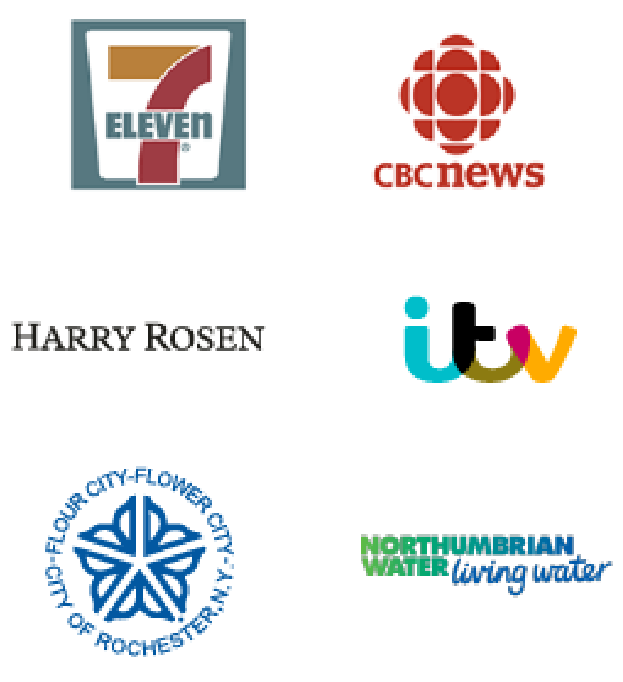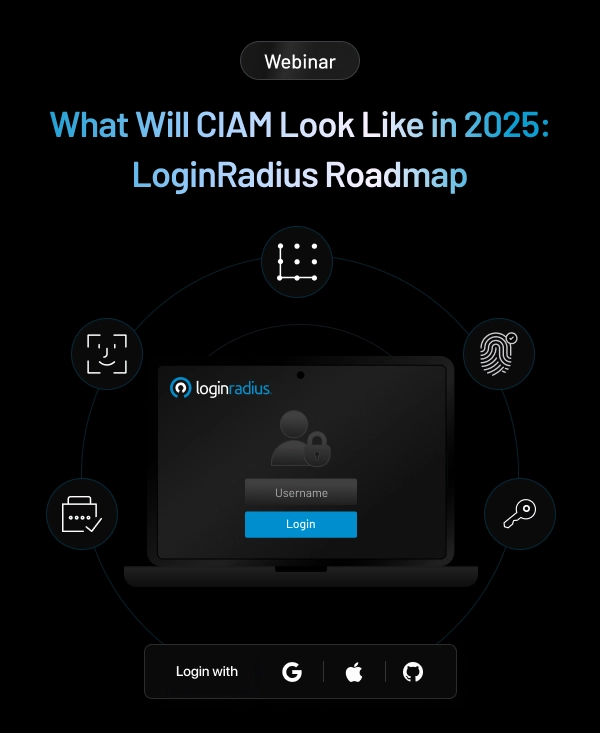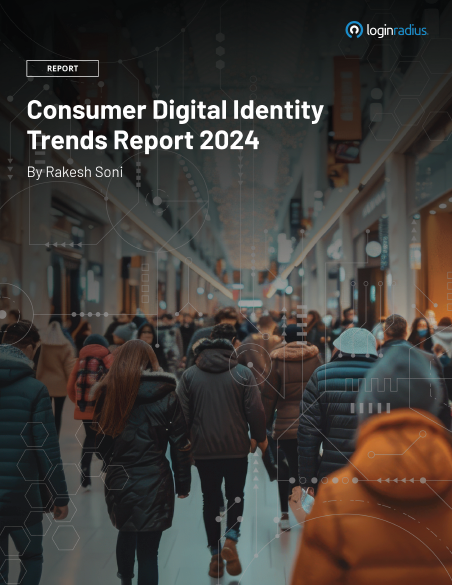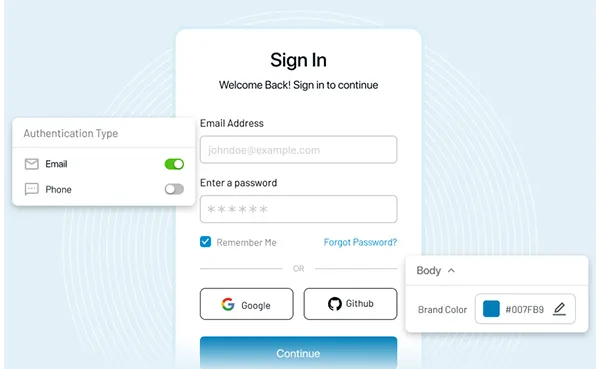Did you know the eCommerce giant Amazon’s 35% of revenue is generated through its recommendation engine? Yes, that’s the potential of hyper-personalization!
In this digital world, we’re all surrounded by personalized experiences, and to everyone’s surprise, most of us aren’t aware of it.
Whether you talk about Amazon suggesting you a pair of socks when you buy running shoes or Spotify creating a personalized playlist based on your favorite tracks, everything is a result of hyper-personalization working precisely at the backend.
Consumers are always looking for experiences that they could relate to when we talk about the B2C industry. This is perhaps the reason why companies are prioritizing creating tailored experiences.
Now talking about the B2B industry, hyper-personalization could make a huge impact by enhancing conversions through custom experiences.
Let’s understand businesses must buckle down to creating unique experiences for their clients to squeeze the maximum ROI.
What is Hyper-Personalization
Hyper-personalization helps to deliver more relevant and highly-personalized content by leveraging artificial intelligence coupled with real-time data.
With consumers demanding a brand to deliver them a personalized experience, hyper-personalization is the key to success for an online business.
But how hyper-personalization can capture data and predict the next action?
Well, unlike regular personalization, where static data inserts users’ names in page content, hyper-personalization quickly compares a user’s owned data with massive third-party data.
The behavior and interest comparison enable the mechanism to predict future actions considering other users’ similar interests that further drives enhanced results across a brand’s marketing funnel.
Hyper-Personalisation and the Industry
Research depicts that 80% of consumers are more likely to make a purchase from businesses that deliver personalized experiences.
While 91% of consumers agreed to purchase from a brand that is providing exciting offers and product recommendations, which are relevant to them.
B2C marketing professionals highly rely on delivering personalized experiences as a part of their marketing strategy that pays off with great rewards.
But when it comes to B2B, unfortunately, only 9% of marketers are leveraging the true potential of hyper-personalization.
If you’re one of those marketers who haven’t yet built a hyper-personalization B2B strategy, 2021 is the best time to fish where the fish are.
How to Hyper-Personalize your B2B Marketing Campaigns
1. Nurture with AI-driven personalized content.
Artificial intelligence is the base to implement hyper-personalization B2B marketing that enables you to deliver a unique experience to every visitor on your website.
You don’t need to run behind your potential clients to hand over their details to you for beginning custom nurturing; an AI-driven system does it all!
This means when a user visits your website, the AI mechanism kicks in and starts analyzing a user’s browsing history. This history when combined with third-party intent data, generates the most relevant result, which eventually helps the user in getting into the buying funnel.
Also, creating smooth and secure user experiences through identity management helps in enhancing self-serving experiences coupled with access management.
Businesses need to understand the importance of B2B identity management and artificial intelligent-based hyper-personalization that can precisely display results based on the current buying cycle of the user.
2. Assess your user persona.
You’ve already heard a lot about creating user personas and many of you would have already implemented the same in your marketing strategy.
But are you 100% sure that your thought process is exactly what your potential clients are searching for?
For instance, if you’re offering SaaS business products and consistently targeting an audience by creating content just around what your product features, you’re eventually lagging.
Instead, you must understand the day-to-day challenges that your targeted audience is facing and how they search for a solution.
Creating content that answers queries and solves diverse issues of your targeted audience builds credibility and further helps in pushing users down the funnel.
Answer as many questions as you can and it would be great if you start thinking just like a B2C company.
Quick how-to guides, infographics, and relevant content that softly pitches the user are what make a B2B marketing campaign a massive hit.
3. Develop and promote relevant content.
Content isn’t the king, it’s the kingdom.
If a business is developing and promoting relevant content at the right time to the right people, it’ll surely bump-up conversions.
As discussed earlier, creating relevant content around user persona will not only help in improving brand credibility but eventually help in more conversions.
Also read: How to Drive in the Highest Quality Leads in 2021 with Content and SEO
Understand this: you’ve analyzed user behavior and with that, you know what could be the next possible step of a potential client on your website.
Based on this, you can provide a link to a page of your website that you think is the right answer for your particular potential client’s next query.
On that particular page, you can pitch the user regarding your product and how it can be a game-changer for their specific business needs.
This way you can create personalized experiences through the right content marketing strategy in place.
Now you can repeat the same by considering other groups of your targeted audience and segment content according to diverse groups of your audience depending on various factors including- age, country, interests, etc.
Conclusion
B2B marketers need to comprehend the importance of hyper-personalization, which is eventually the need of the hour for businesses to stand ahead of the curve.
Since everyone is online during the global pandemic, so should be businesses. Consumers can be attracted to your products and services when you create effective B2B marketing plans.
The ones that will leverage hyper-personalization by understanding its impact on marketing programs will ensure a better connection with clients leading to more conversions.
The aforementioned aspects depict the role of artificial intelligence coupled with content strategies that helps in winning consumer trust and getting chosen over competitors.
















